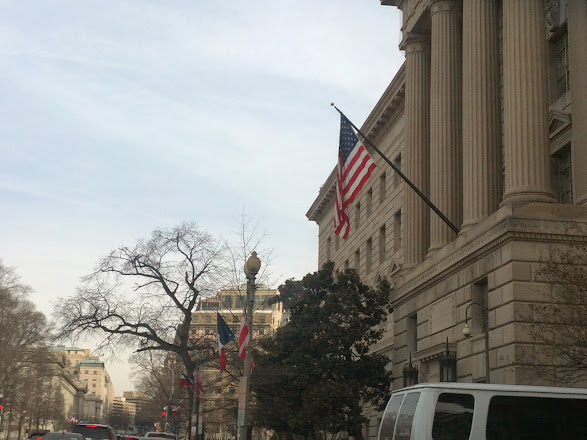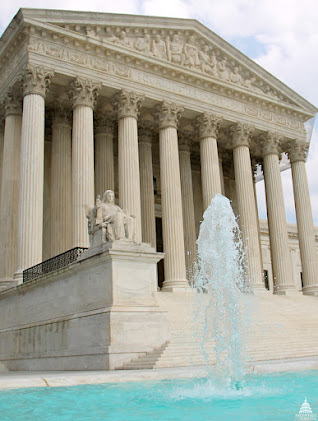Navigating Transitions for New Leaders

Leadership transitions are pivotal moments for any organization. Smooth transitions ensure continuity and stability, but often aren't easy for a variety of reasons. In order to best transition into a new leadership role, there are some particular things you can do to help smooth the way. The book, The First 90 Days , is an excellent guide for this. Here are a few items to consider in your transition strategy: Reflect and answer these fundamental questions that people will want to know (but may be afraid to ask) Who am I? Where did I come from? Why am I here? What do I hope to accomplish? How do I hope to do it? Think about and document these key aspects of leadership Leadership Philosophy and Core Values Statement Working Style: Communication preferences, decision making process, etc. Expectations for staff and subordinate managers Top Three Priorities Spending significant amounts of time listening, learning, and leveraging the people around you should be a top priority up...


